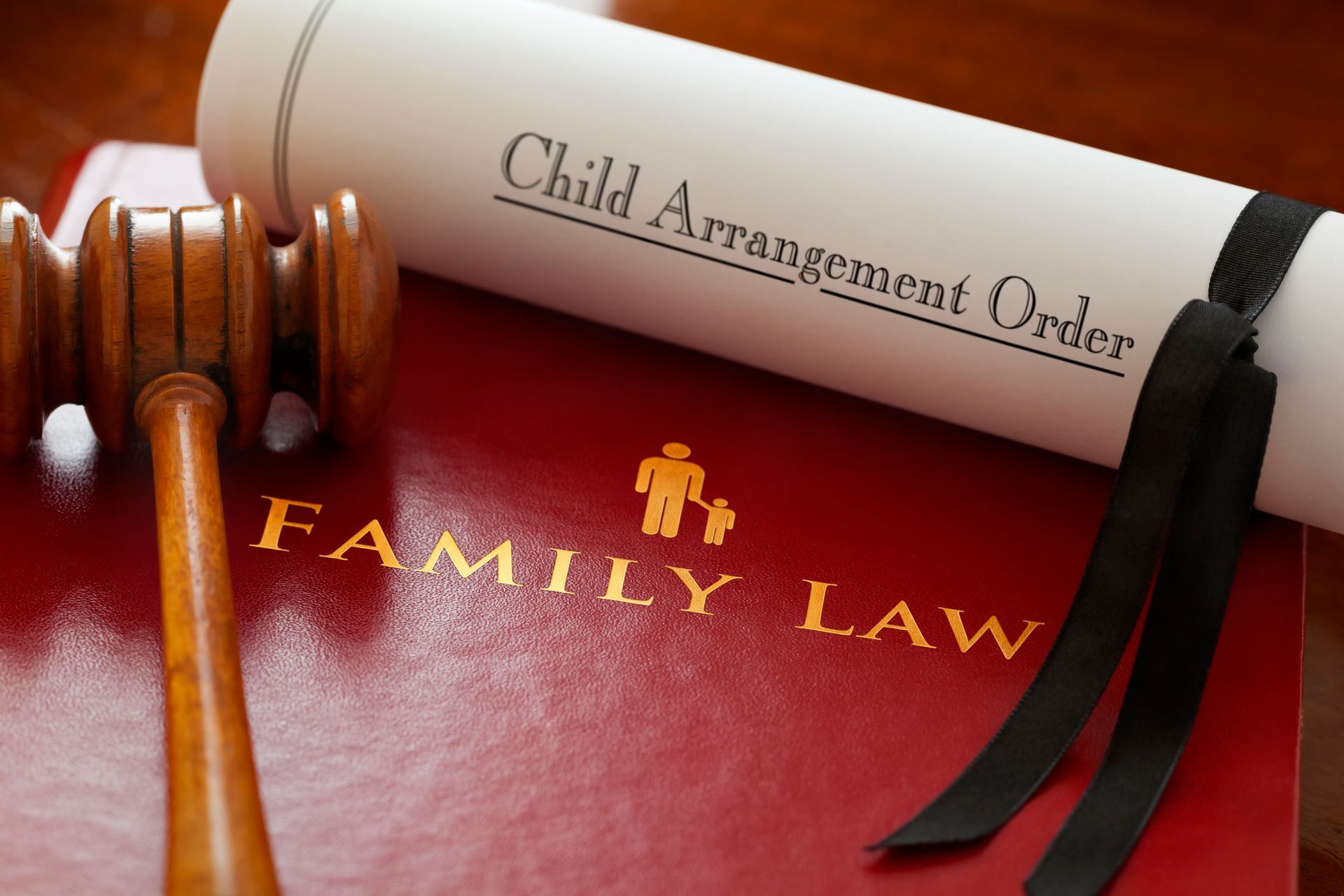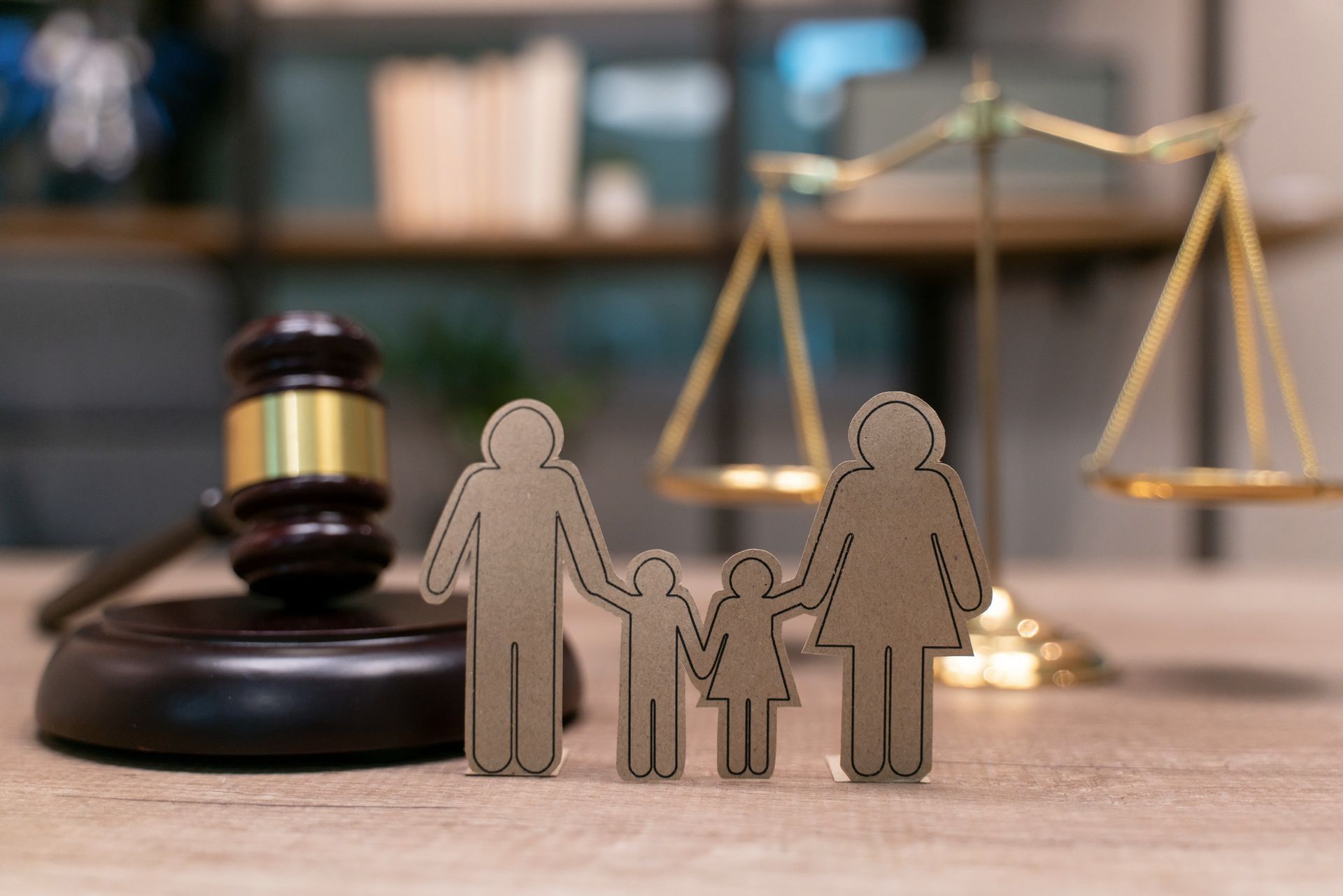Frequently Asked Questions About Juvenile Criminal Charges
When a state court convicts a child of committing a crime, that child may receive penalties ranging from verbal warnings to confinement. In some cases, a juvenile may even receive very similar penalties as an adult convicted of the same crime. Any leniency in the court's sentencing often hinges on top-notch legal representation.
As a concerned parent or guardian of a child who faces criminal charges, you need to understand how juvenile court differs from adult court, where the two share similarities, and what to expect in terms of defense strategies and sentencing options. Start with the answers to these frequently asked questions about juvenile criminal charges.
How Do Juvenile Criminal Charges Differ From Adult Criminal Charges?
Juveniles may find themselves accused of the same types of crimes as adults, from petty theft to assault and battery. Prosecutors may make the same cases, employing the same techniques and evidence, as they would in the trial of an adult. The main difference usually involves the severity and duration of sentencing following a conviction.
Incarceration usually takes a more lenient form for juvenile offenders than for adults. Almost one-half of all juveniles found guilty of a crime receive probation. If they violate that probation, the court may then force them to serve some or all of their sentence in a juvenile correctional or detention center.
Who Qualifies as a Juvenile Under Idaho Law?
Section 20 - 502 of Idaho's Juvenile Corrections Act defines a juvenile as an individual who had not attained the age of 18 at the time of the alleged crime. The state sets no minimum age for this category. Children younger than seven years of age rarely go to juvenile court, although the court may hold their parents or guardians liable.
Children as young as seven as and old as 18 may face charges in juvenile court. The most common age range involves children aged 12 to 15. In recent years, however, an increasing number of cases have tried older teenagers as adults instead of juveniles.
When Can the Court Try a Juvenile as an Adult?
Idaho courts may try, convict, and sentence children as adults if they commit certain crimes when aged 14 or older. The crimes in questions include robbery, arson, mayhem, murder, rape (including the forcible use of a foreign object for sexual penetration), crimes against nature, and assault with the intention of committing such crimes.
If the juvenile court chooses to waive its usual jurisdiction in these cases, offenders may go to trial in adult court and receive adult penalties. Once the court has defined an individual as an adult, that individual will automatically go to trial as an adult for any future crimes.
The Court may waive Jurisdiction, if requested by the State, for other crimes as well.
How Does Juvenile Court Handle the Sentencing of Juveniles?
Juvenile court has considerable leeway in setting sentences for individuals convicted of crimes. Many of these sentencing options don't involve incarceration. Examples may include verbal warnings, counseling, fines, community service, and electronic monitoring that permits constant tracking of juveniles' locations.
A court may hand down more than one of these sentences simultaneously. As a result, a convicted juvenile might undergo a combination of counseling, community service, and other such sentences for the same crime.
In many states (including Idaho), more serious offenses may force the court to impose some form of incarceration. In some cases, juveniles may receive a sentence of house arrest or other home confinement. Others may have to live in a foster home or with a relative other than their parents. Still others may have to go to a juvenile detention facility.
Sometimes a court may impose a blended sentence. In this scenario, individuals serving a juvenile detention sentence must serve an additional sentence in an adult jail once they turn 18.
What Can a Skilled Attorney Do for Juvenile Cases?
A skilled attorney with experience in juvenile criminal cases can present a strong defense on your child's behalf. The case built by your attorney may emphasize such mitigation factors as the defendant's youth, clean previous record, commendable attitude, and home/family background to help reduce charges or even get them dismissed.
A reduced charge can make an enormous difference in the sentence imposed. For example, say that a juvenile knocks someone down and then steals that person's backpack. If the court tries the juvenile for battery and/or petty theft instead of robbery, the juvenile will not go to trial as an adult, thereby avoiding the possibility of prison time.
The decision of whether to charge an individual as a juvenile or as an adult occurs during the preliminary hearing phase of a criminal case. This hearing generally occurs within days, and sometimes within hours, of the arrest. For this reason, you need to engage your legal counsel as quickly as possible.
If your child faces criminal charges, talk to the legal experts at Hart Law Offices, P.C. Our office has extensive experience defending juveniles and working to obtain the most positive outcome in criminal cases.
Contact us today for a consultation.



















